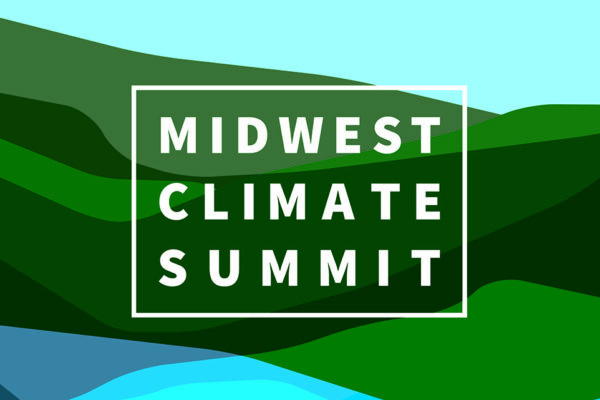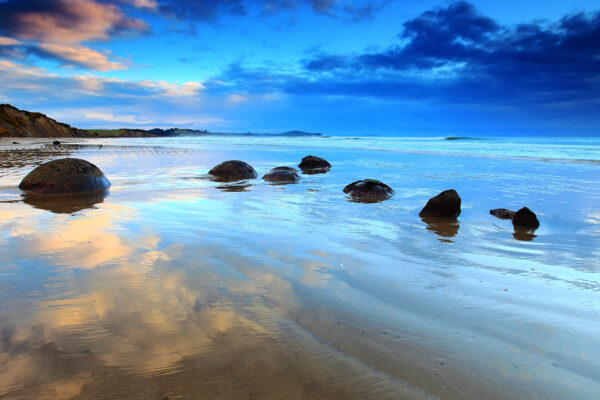Students from Washington University in St. Louis are among the representatives from nearly 200 countries around the world gathered in Poland through Dec. 14 for the latest round of global climate talks. The meetings are focused on the implementation of the 2015 Paris Agreement, and come on the heels of a new U.S. national climate assessment.
Each year since 2011, Washington University has sent a group of both graduate and undergraduate students to attend the Conference of the Parties (COP) of the United Nations Framework Convention on Climate Change (UNFCCC).

Student delegates closely follow a topic at the conference by attending events, sitting in on negotiations and speaking to diplomats and other students from around the world.
Ten students are participating in this year’s talks, dubbed COP24.
Observers can follow the Washington University delegation on Facebook.com/wustlcop/, including observations shared by students such as Emma Waltman, a senior majoring in biology in Arts & Sciences.
“There are universities in the constituency from all over the world,” Waltman wrote. “It really is incredible to be among ambitious youth like ourselves as we all scramble to navigate our way through the complex world of international climate negotiations.”
At the opening session for COP24, Washington University’s Beth Martin, senior lecturer in environmental studies in Arts & Sciences, delivered a statement on behalf of the Research and Independent Non-governmental Organizations (RINGO), a group that is formally recognized as one of the conference’s major constituents.

“RINGO acts to foster an open, transparent and evidence-based UNFCCC process that welcomes diverse perspectives, and can play a key role in the dialogue between practitioners, scientists and policymakers,” Martin said.
Leading with science was also the focus of a special session on contributions of the research community to climate action. At this session, Martin gave a presentation that highlighted a number of experiential learning courses at Washington University, including a recent greenhouse gas study conducted as part of the university’s Sustainability Exchange program.
Martin highlighted the St. Louis Regional Greenhouse Reduction Commitment, signed in August 2018, that affirms the importance of the greenhouse gas reduction targets in the Paris Agreement — which are aimed at keeping global temperature rise this century below 2 degrees Celsius — and commits to local action to address climate change.
“Regionally we are working to honor the Paris Agreement, and our US commitment to the Paris Agreement,” she said.
The Washington University delegation to COP24 is supported in part by the International Center for Energy, Environment and Sustainability (InCEES) and the Environmental Studies Program in Arts & Sciences.



